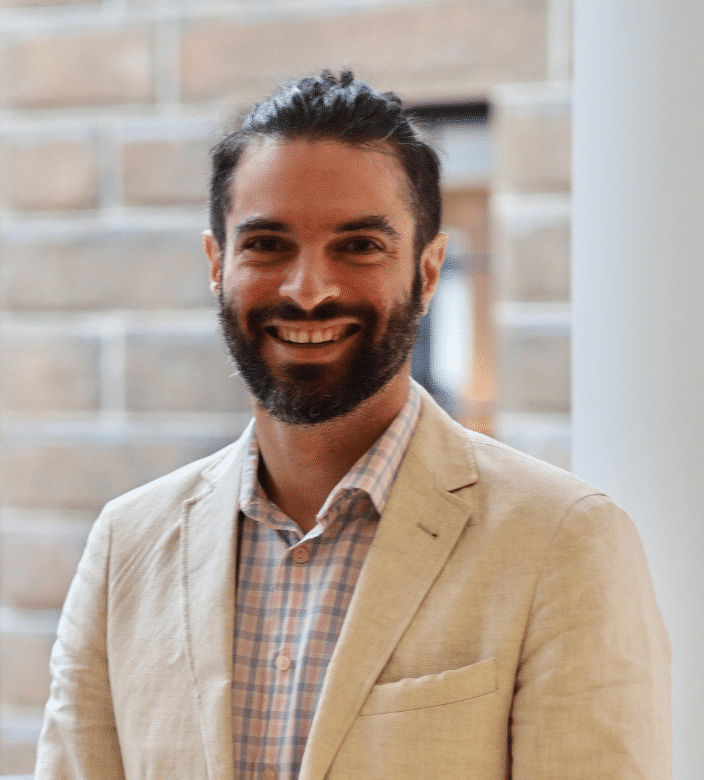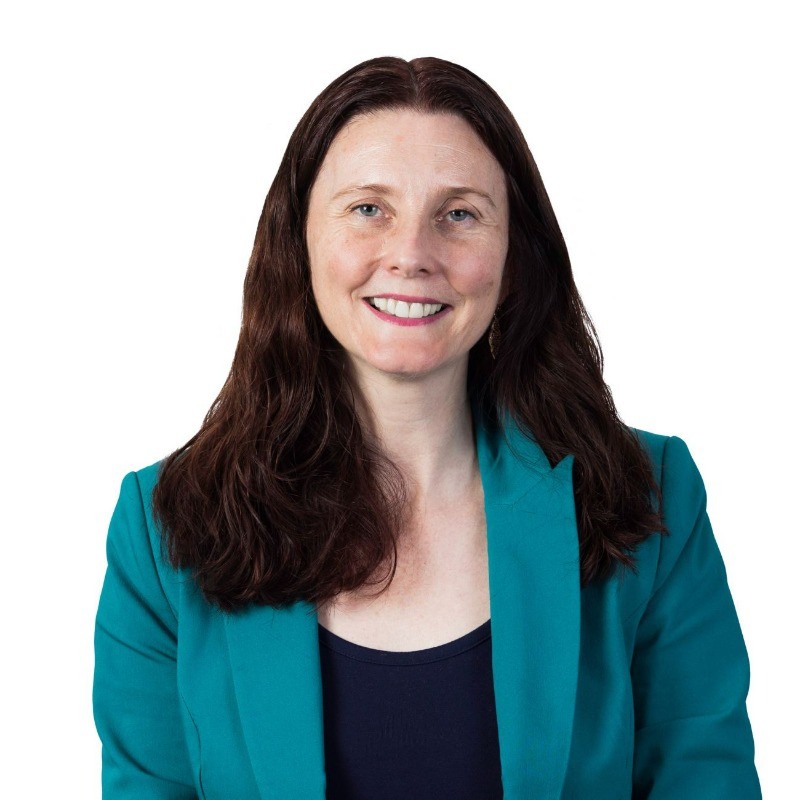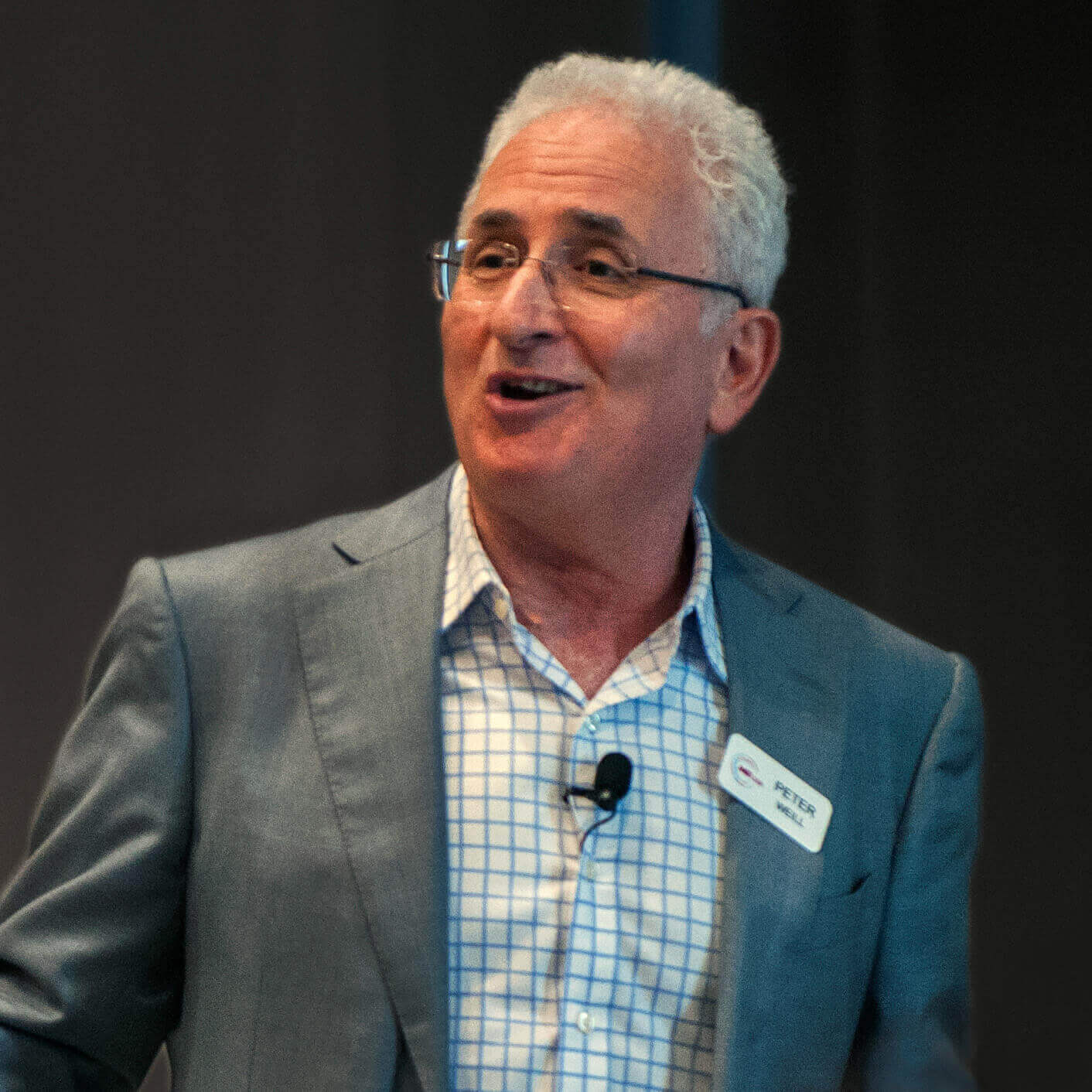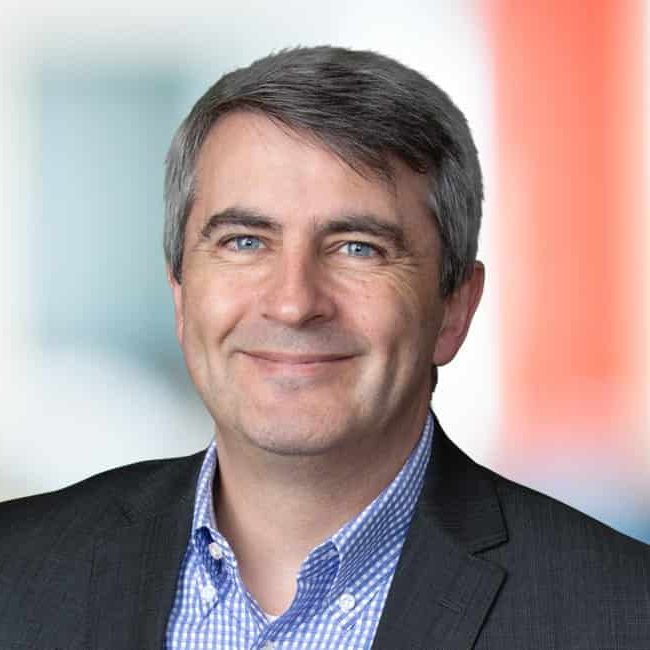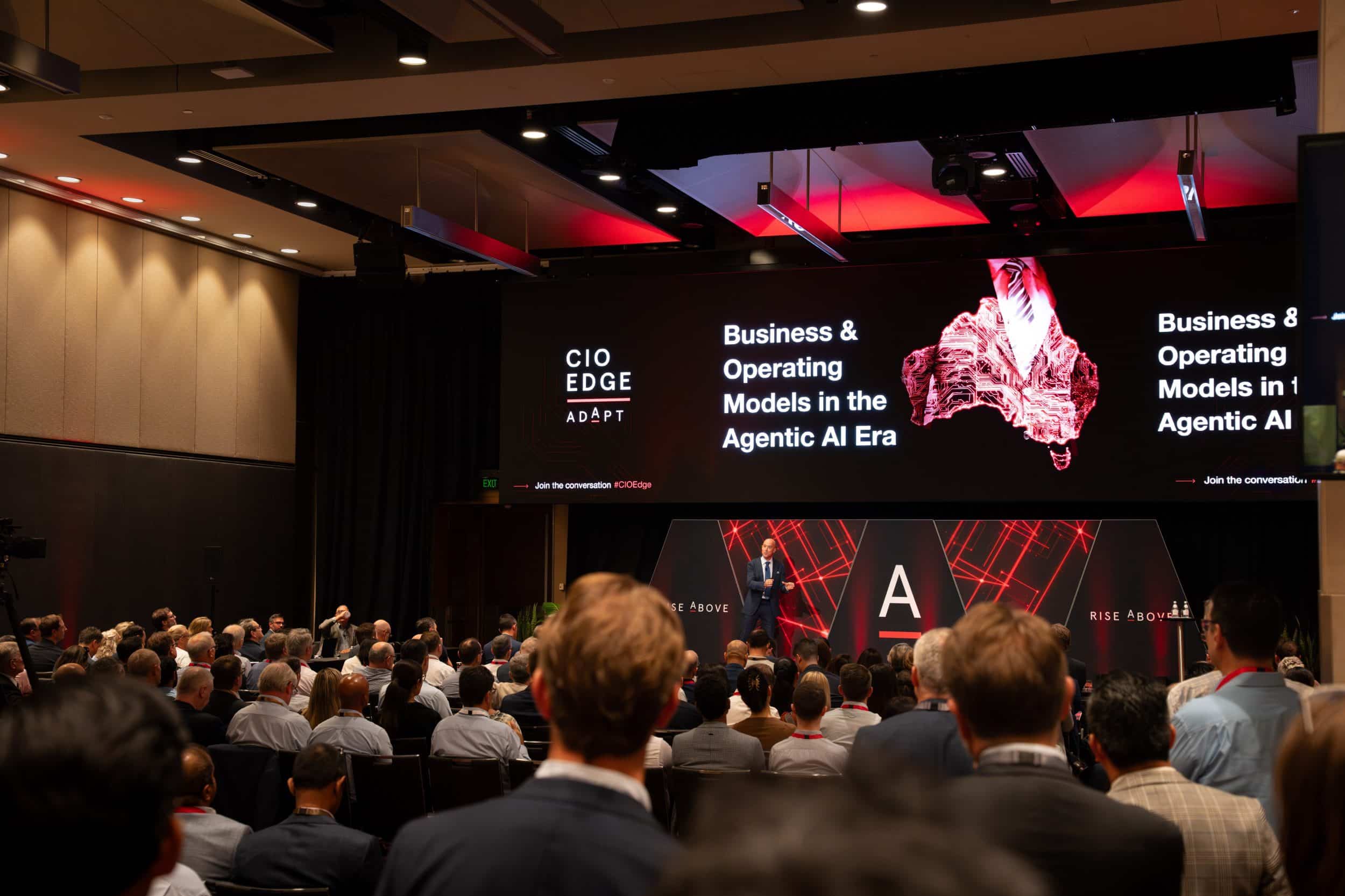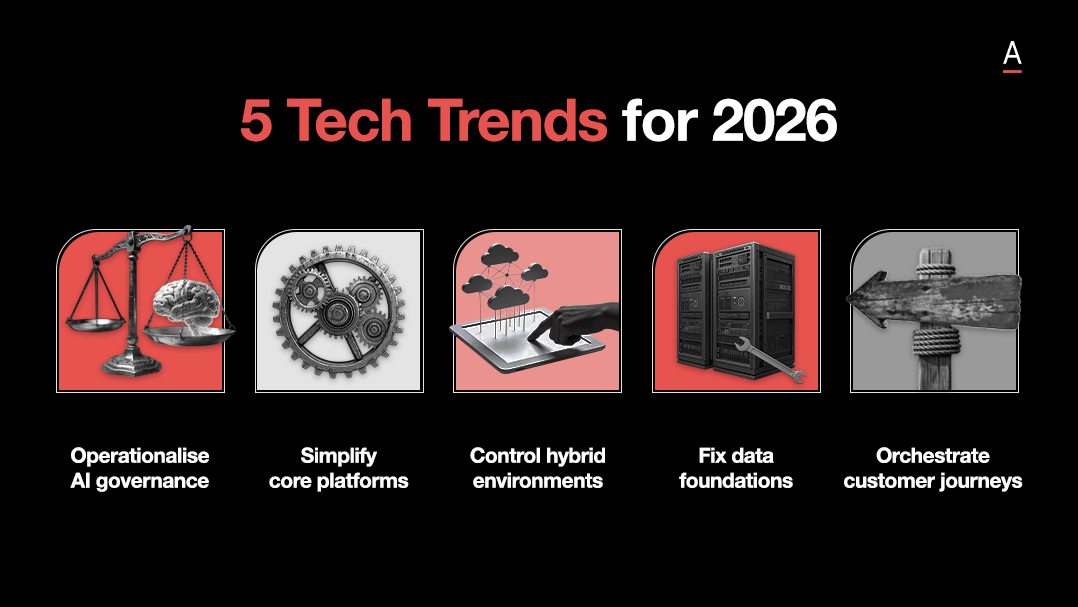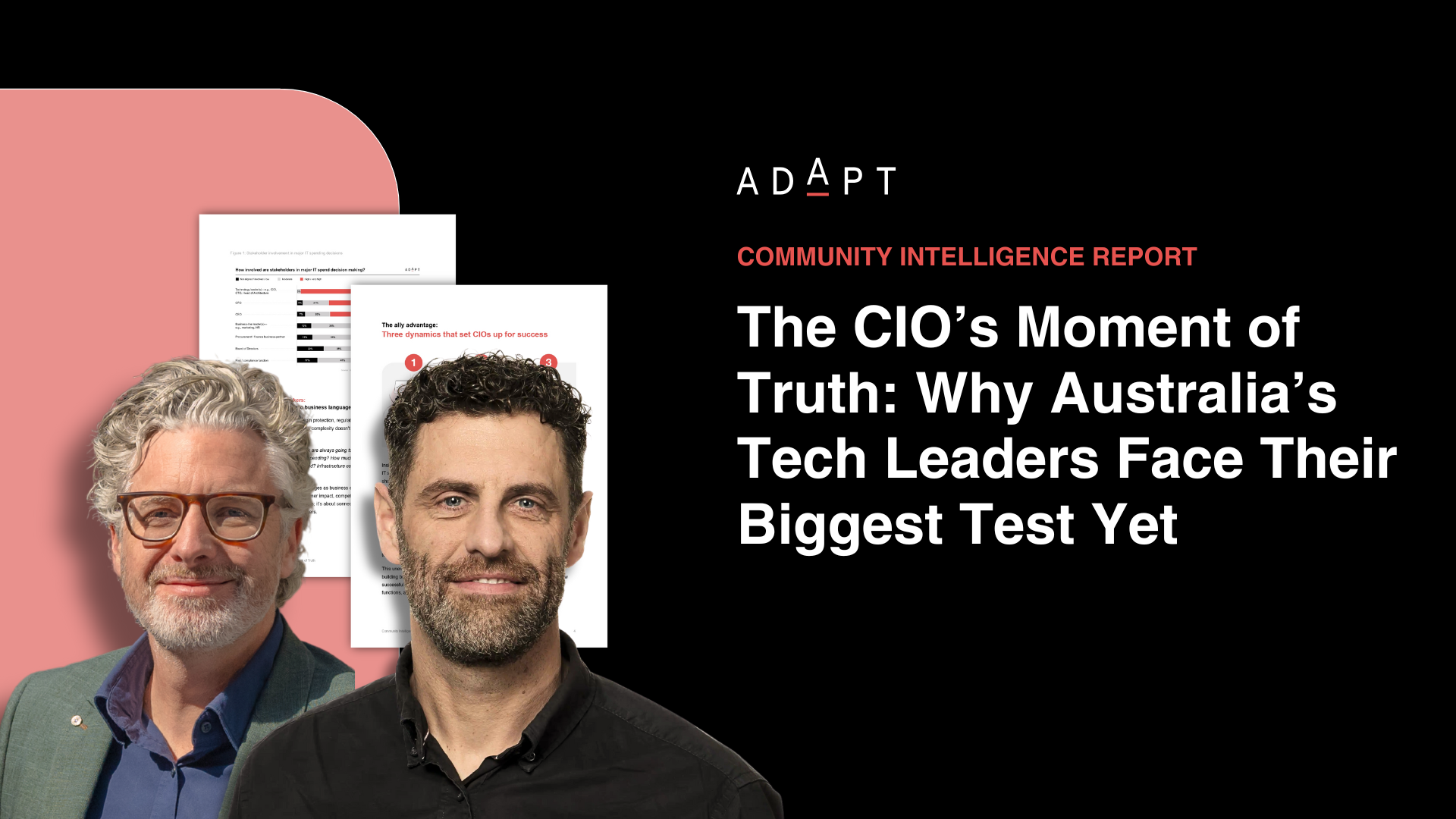How 150 Aussie CIOs are winning the resources to drive modernisation
Insights from the latest ADAPT surveys are shining a light on critical focus areas, painting a detailed picture of how businesses are tackling both challenges and opportunities in the tech world.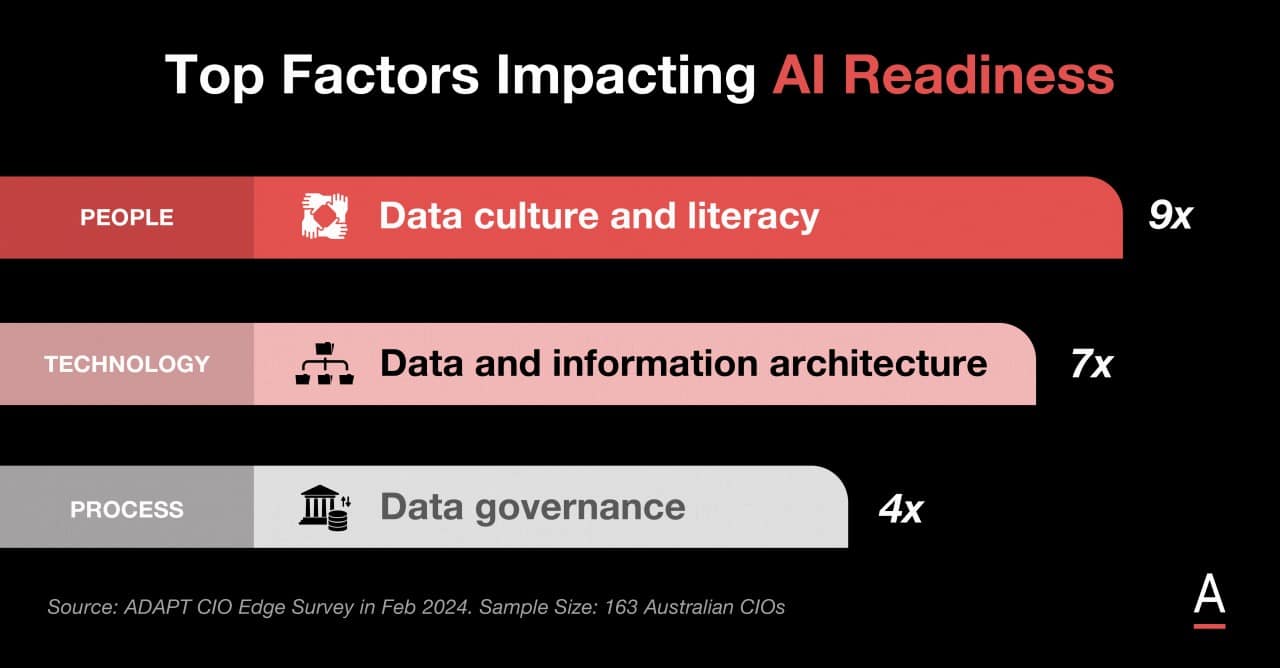
Australian organisations are getting their strategies in line with the AI era’s demands.
Insights from the latest ADAPT surveys are shining a light on critical focus areas, painting a detailed picture of how businesses are tackling both challenges and opportunities in the tech world.
Australian CIOs are prioritising cyber security, the drive towards modernisation, and the push for data-driven initiatives.
Cyber security at the forefront
185 Australian organisations are putting their weight behind strengthening their digital defences against cyber threats, marking cyber security as a top-tier priority.
172 tech leaders are leaning into automation, and machine learning, and giving their infrastructure a modern makeover to bump up operational efficiency.
The most recent ADAPT’s #CIOEdge delved deeper into these challenges, with Australian leaders sharing their strategies and lessons learned.
Lesson 1: ADAPT’s Head of Analytics advises aligning IT initiatives with business objectives to drive operational efficiency
Gabby Fredkin, Head of Analytics and Insights at ADAPT, talks about the need to streamline processes and leverage technology to boost operational efficiency and ensure organisational safety.
He encourages leaders to make sure IT initiatives and business goals are moving together, showcasing the real-world benefits of tech and pushing businesses towards success.
When it comes to the data prioritisation challenges brought on by advancing AI technologies, Gabby points out the need for robust data management, compliance, and security strategies.
He advocates for adaptive leadership and a proactive stance to capitalise on innovation and growth opportunities.
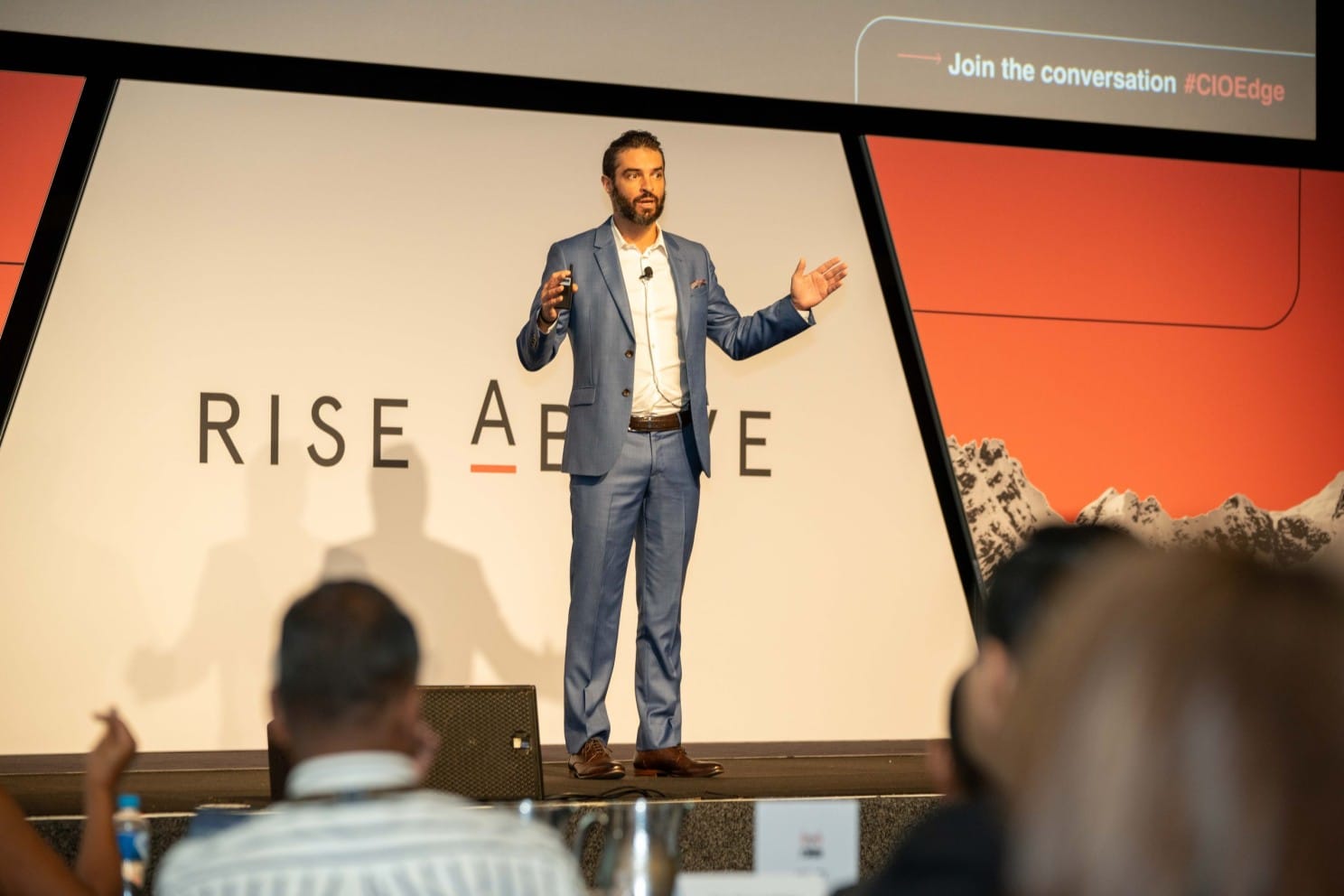
Key Takeaways:
- Implement a strategic framework that aligns IT initiatives with business goals, ensuring technology investments directly contribute to operational efficiency, cost optimisation, and measurable business success.
- Prioritise robust data management, compliance, and security practices to safeguard the organisation and leverage technological advancements.
- Foster adaptive leadership and a culture of continuous improvement to navigate change and drive organisational agility and innovation.
Lesson 2: How Estia Health, Accenture, and PEXA tech leaders are mastering prioritisation
Fiona Caldwell, CIO at Estia Health, Angela Coble OAM, Managing Director, Client Group Technology Officer at Accenture Australia and Eglantine Etiemble, CTO at PEXA, share their insights on driving change and innovation within their respective organisations.
Fiona emphasises the need for a dynamic prioritisation matrix that evolves with the business and engages stakeholders effectively.
Angela highlights the importance of making people uncomfortable to drive digital transformation and innovation, while also challenging the organisation’s risk appetite.
Eglantine advocates for setting ambitious goals, or “moonshots”, to inspire creativity and drive progress.
Technology leaders need to be proactive, visionary, and socially responsible in driving meaningful change and innovation.
Lesson 3: Dr Peter Weill promotes catering to different customer domains to drive business value
Understanding and meeting diverse customer needs are crucial for any business focused on long-term growth.
Dr. Peter Weill, Chairman and Senior Research Scientist at MIT CISR (MIT Center for Information Systems Research) zeroes in on the importance of tailoring technology initiatives to these varied needs to ramp up engagement and drive success.
Tailoring technology and business strategies to customer needs boosts value, engagement, and growth.
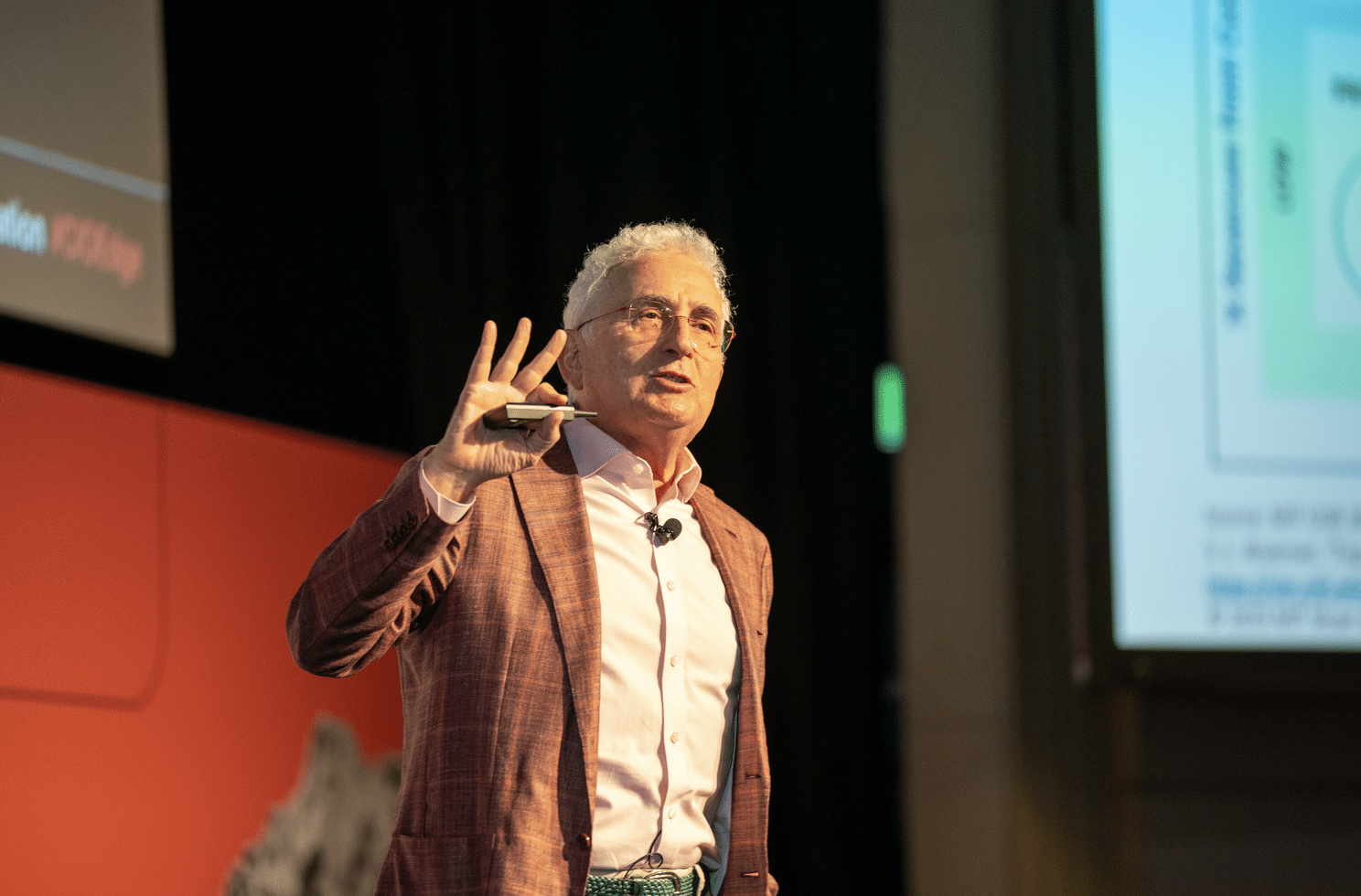
Key Takeaway:
Align technology initiatives with the needs of diverse customer domains to drive business value and foster sustainable growth.
Lesson 4: Evolved.AI’s CEO recommends proactive AI leadership for competitive advantage
In his keynote presentation at the recent ADAPT’s CIO Edge, Dr. Michael G. Kollo, CEO at Evolved.AI, discusses how to strategically navigate AI initiatives within organisations.
Drawing from real-world examples and hypothetical scenarios, Dr Kollo outlines the journey of a fictional CIO grappling with the challenges and opportunities inherent in AI adoption.
He stresses the importance of strategic oversight and proactive engagement across all organisational levels, from initial discovery phases to defining concrete applications.
Highlighting AI’s game-changing potential, Dr Kollo references the swift evolution of models like GPT-4 and Midjourney, noting their rapid impact.
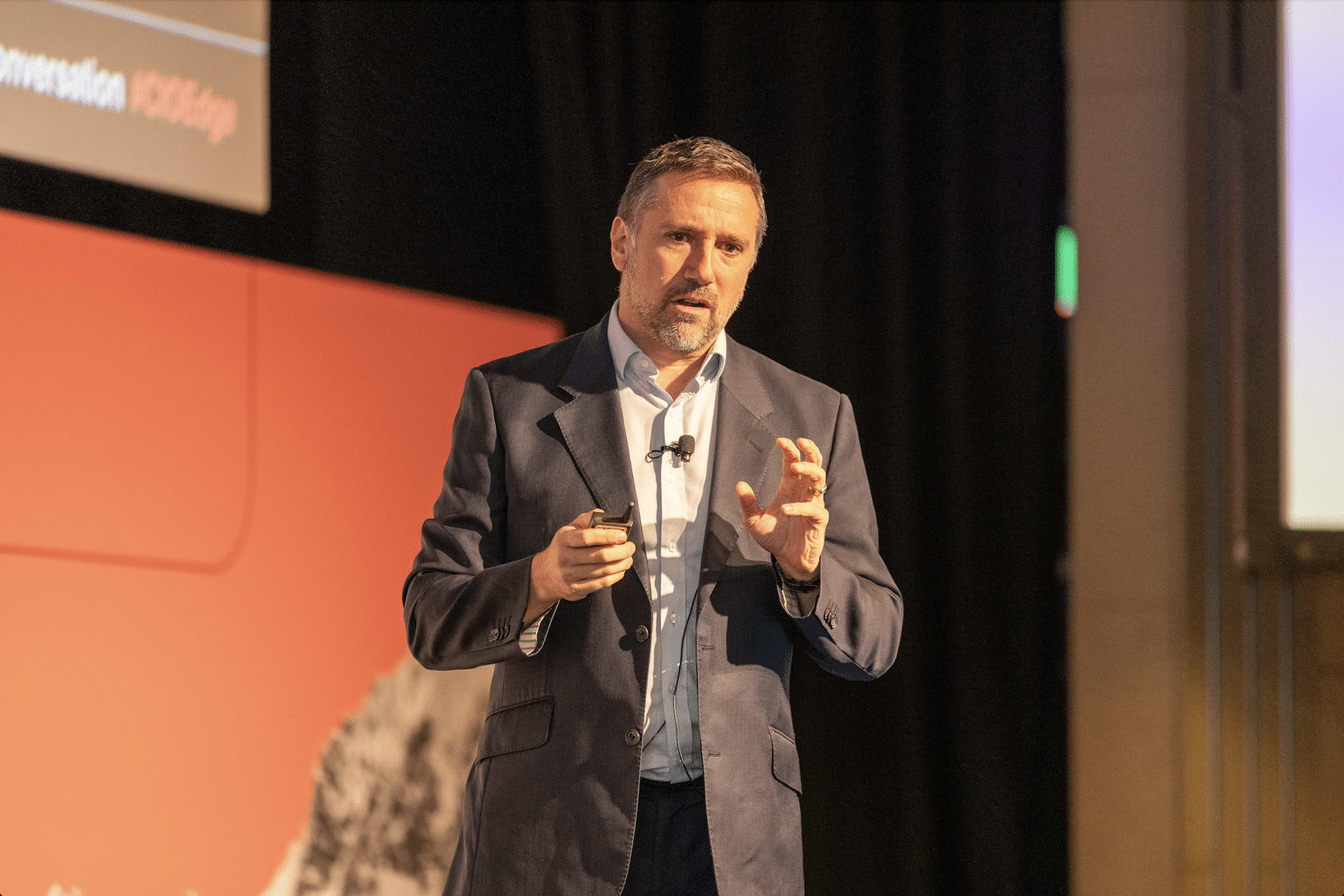
Key Takeaways:
- Dive into AI experimentation
- Align efforts with broader business goals
- Cultivate an innovation-rich culture to leverage AI’s transformative power and maintain a competitive edge
Lesson 5: Bain’s Head of Tech discusses maximising IT spend through AI integration and agile methodologies
Pascal Gautheron, Head of Bain & Company Inc. ‘s Enterprise Technology Practice in Asia Pacific, shares insights into the future of enterprise technology.
He lays out six trends he sees shaping the impact of tech on businesses in the decade ahead:
- Interaction Explosion: Beyond mobile, embrace diverse customer and supply chain interactions.
- Connected Intelligence: Embed AI throughout the enterprise, not just in specialised teams.
- Decentralised Data Usage: Shift from centralised data storage to decentralised, fabric-based approaches.
- Open Source and Modularity: Leverage open-source code and modular architecture for flexibility and choice.
- Cyber Resilience: Constant investment in cyber security, focusing on resilience and recovery.
- Agility and Speed: Accelerate change with agile methods, low-code platforms, and AI integration.
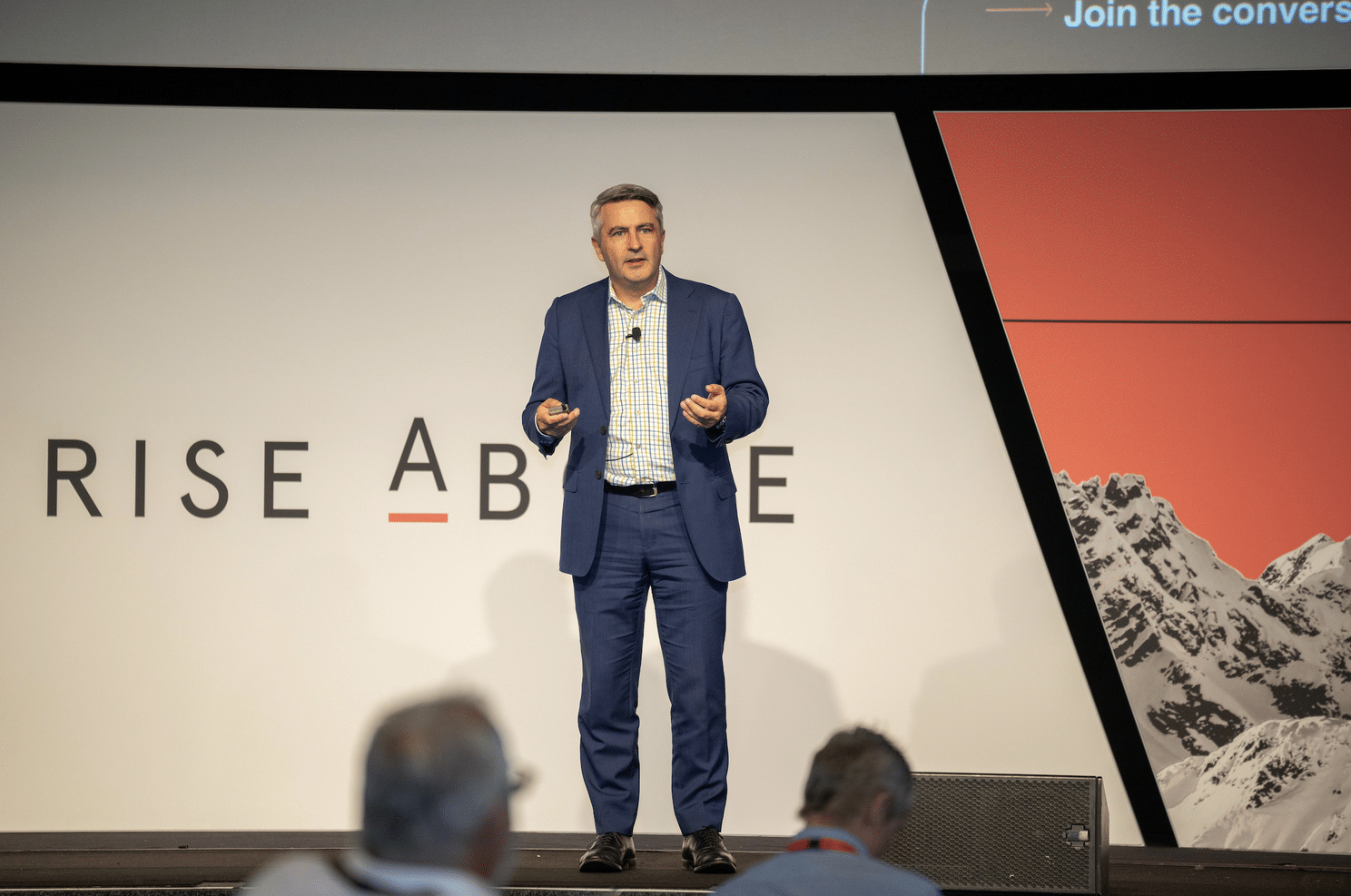
Key Takeaways:
- Adopt a comprehensive approach to technology utilisation
- Prioritise cultural evolution, capability development, and strategic alignment with business goals to unlock the full potential of technological investments
Lesson 6: Microsoft Australia’s CTO advocates embracing disruption and cultural transformation for perpetual innovation
During her keynote presentation at the recent ADAPT’s CIO Edge event, Sarah Carney showcases Microsoft‘s innovation ethos, centring on the concept of continuous innovation, building technical agility, and undergoing a cultural metamorphosis within the organisation.
Balancing innovation
Adopting what’s termed a “full spectrum innovation” approach, Microsoft now balances immediate, practical innovations with bold, long-term visions.
They’ve broadened the definition of innovation to encompass all aspects of the business, fostering a culture where experimenting and collaborating are the norms.
Teams and collaboration are crucial
Microsoft prioritises teamwork, diversity, and inclusivity, fuelling innovation through collaboration with internal and external partners.
It empowers employees with resources like hackathons and the Power Platform to drive innovation democratisation.
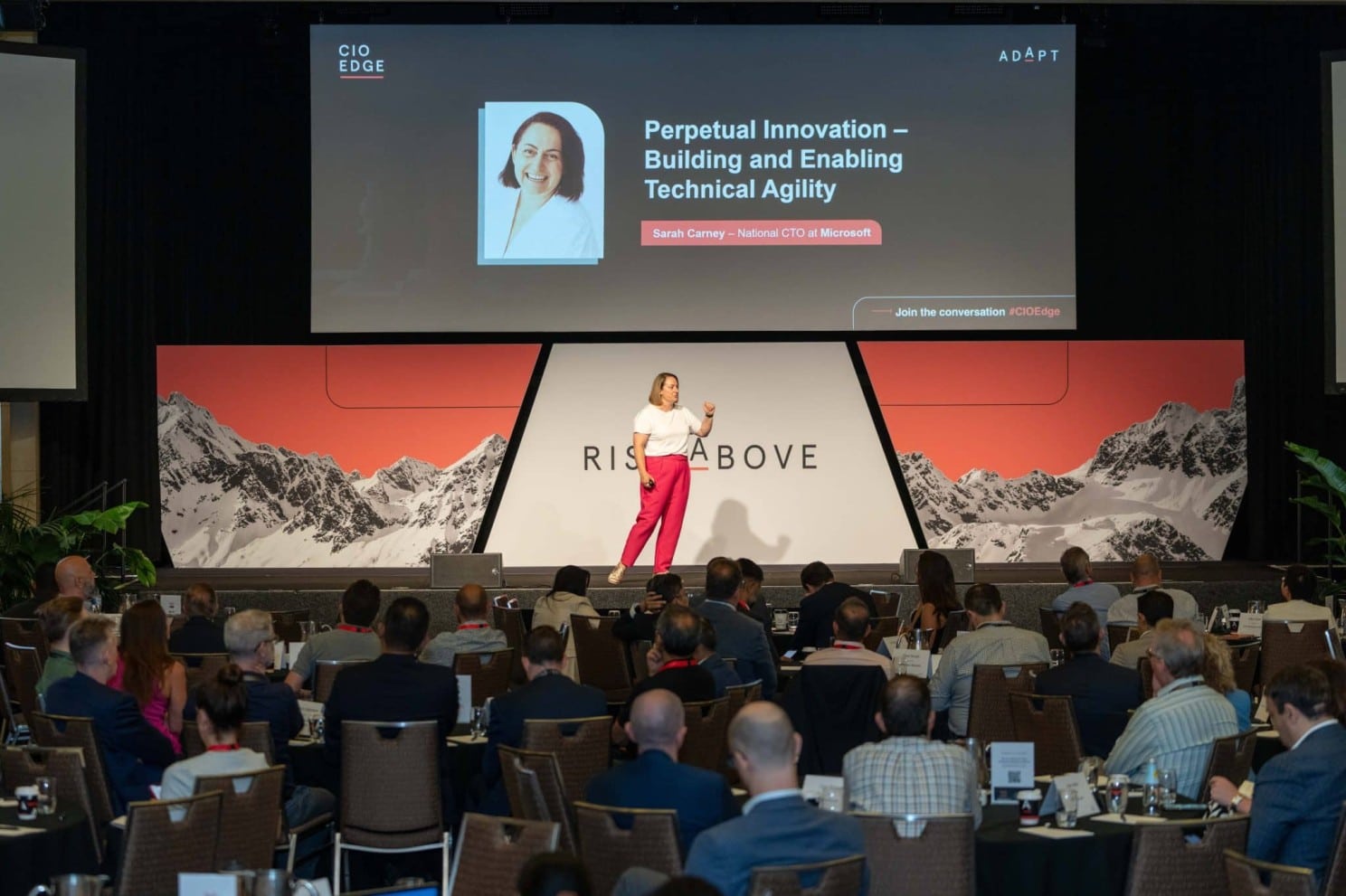
Key Takeaways:
- Emulate Microsoft’s approach by focusing on cultural transformation, balanced innovation, collaboration, and agility to drive continuous innovation both inside and outside your organisation.
- Implement these principles to maintain leadership in the technology industry and foster a culture of innovation and growth.
Lesson 7: James Cook Uni’s CDO promotes technical agility for transformative change
Geoff Purcell, Chief Digital Officer at James Cook University, advocates for transformative change by strategically aligning people, processes, and technology, focusing on building technical agility.
Kicking off a transformation agenda, Geoff spearheaded efforts to restructure the organisation and championed self-management and self-organisation among teams to foster agility.
Geoff also shares how he’s worked to get executive buy-in, encourage teamwork, and roll out frameworks like the Scaled Agile Framework (SAFe) to spark cultural change and promote agility across the university.
His insights highlight the crucial role of aligning people, processes, and technology in cultivating technical agility and driving meaningful organisational change.
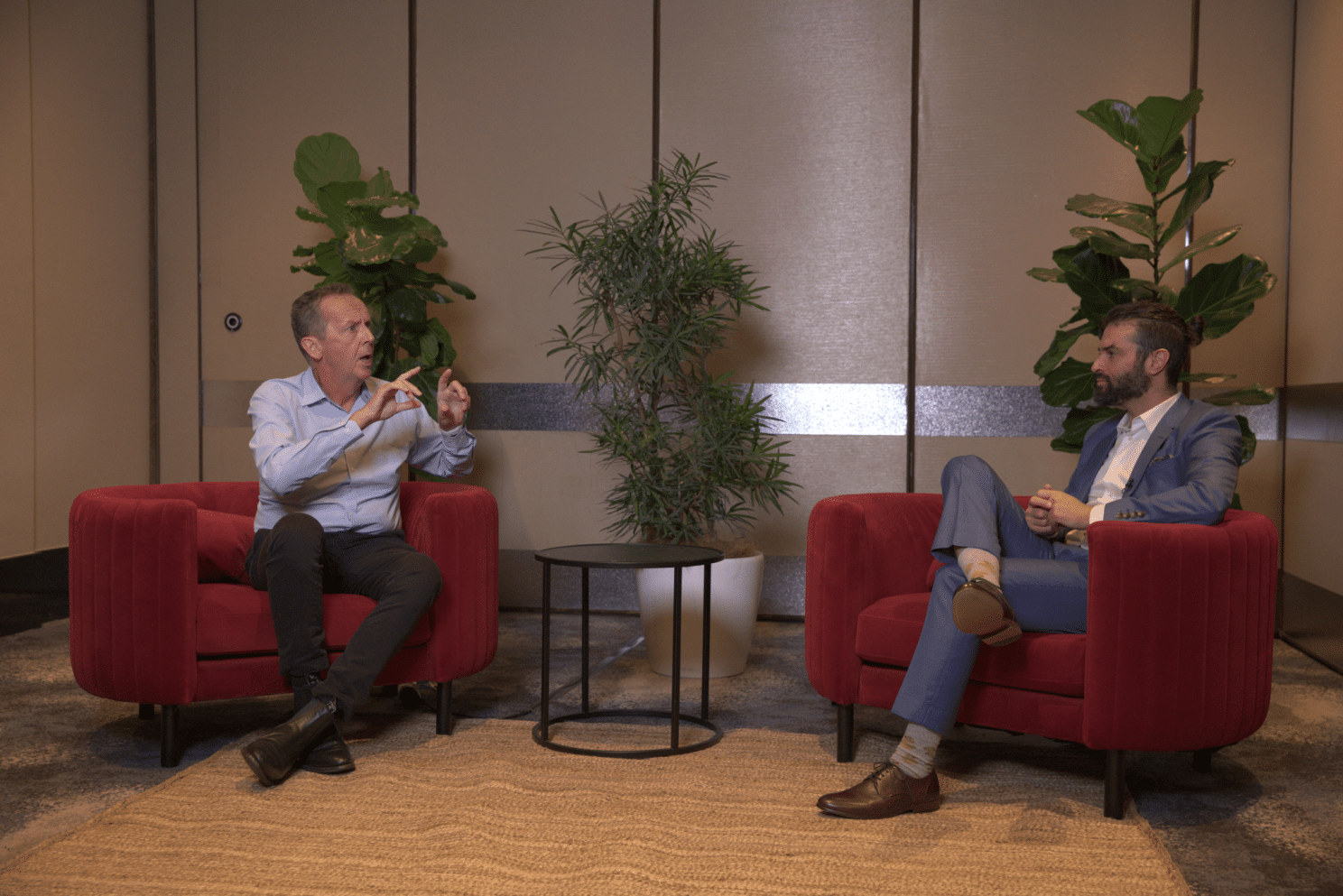
Key Takeaways:
- Coordinate personnel, refine procedures, and leverage technology to boost technical agility and drive impactful organisational changes
- Aim for seamless integration of these elements to fast-track innovation, streamline operations, and secure strategic transformations
Lesson 8: Bendigo and Adelaide Bank consolidates, digitises, and partners for personalised experiences
Ryan Brosnahan, Chief Transformation Officer at Bendigo and Adelaide Bank, shares the bank’s transformation journey, offering key insights into staying competitive in a changing world.
Bendigo and Adelaide Bank’s journey serves as a powerful case study, showcasing the importance of flexibility, innovation, and collaboration in driving sustainable growth and maintaining a competitive advantage in dynamic markets.
Central to their success is a strategic focus on adaptability and innovation, demonstrated through three main actions.
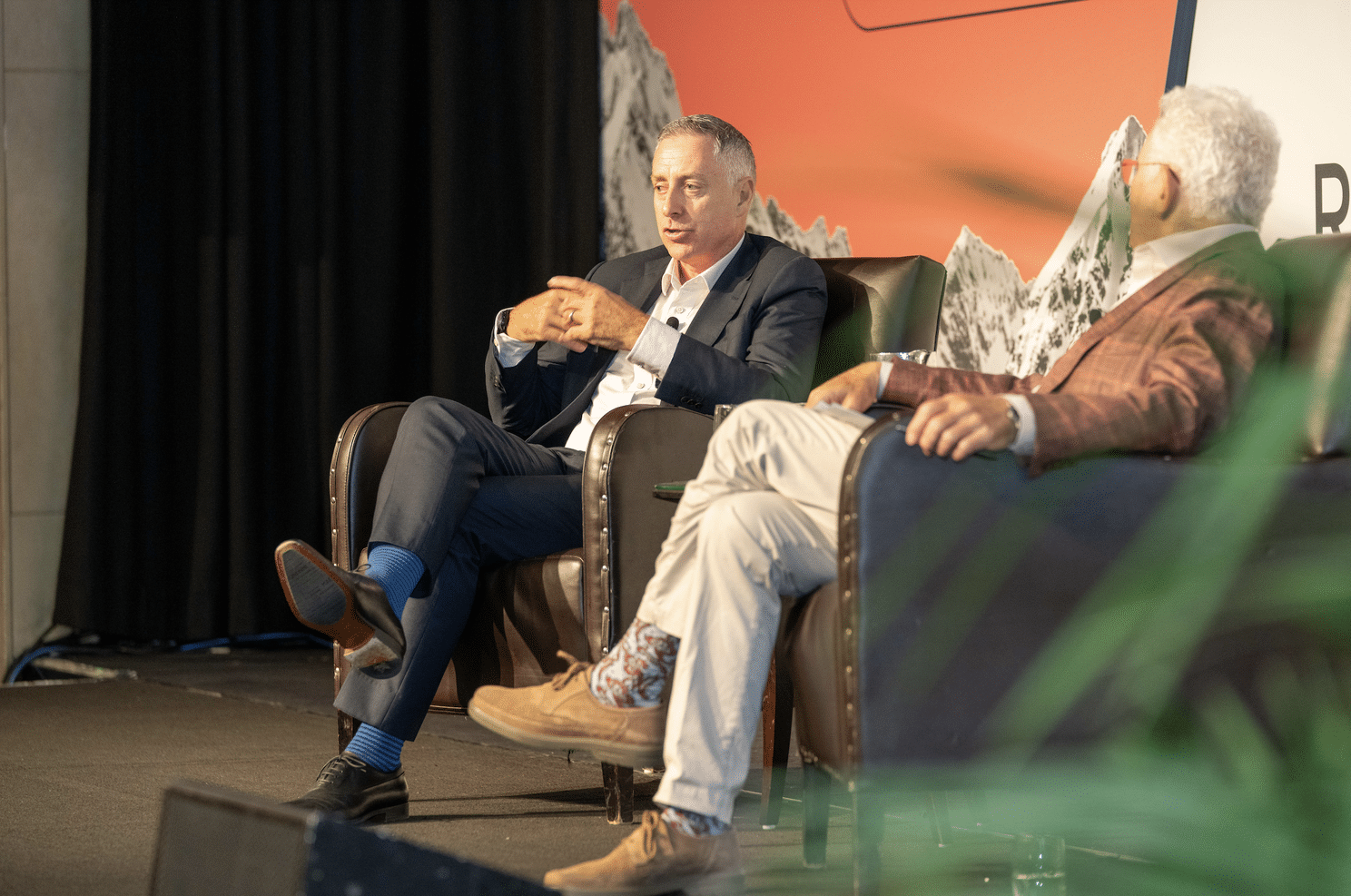
Key Takeaway:
Prioritise adaptability, foster innovation, and champion collaboration and strategic partnerships to ensure enduring competitiveness in today’s dynamic markets.
Conclusion
ADAPT’s CIO surveys reveal key organisational focuses: enhancing cyber security, modernising infrastructure, and forging strategic partnerships for resilience in the evolving tech landscape.
To combat challenges in AI readiness and resource allocation, tech leaders must:
- Audit and streamline your tech stack to remove barriers to security and efficiency
- Prioritise cost optimisation and tech empowerment in your strategic planning
- Strengthen your data governance to better prepare for AI challenges and opportunities
- Cultivate a data-literate culture to overcome technical and funding challenges
Case studies like Microsoft and Bendigo and Adelaide Bank illustrate that success hinges on adaptability, innovation, and collaboration.
Insights from 150 Australian CIOs at #CIOEdge give us practical actions tech leaders can take today to win resources for modernisation.























